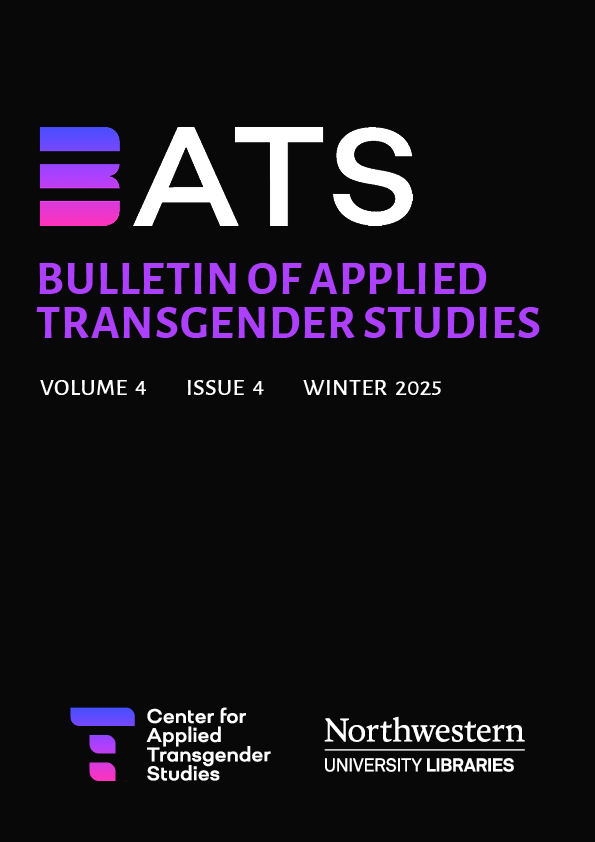Debating Transness: A Critical Investigation into Trans Topics in Opinion Pieces
Emma Verhoeven , Rylan Verlooy
The position of trans people in news media has long been researched but much of this body of research does not consider op-eds pages. Considering the recent increase in anti-trans discourses in Europe, this study investigates how transgender issues are debated in the opinion pages of the Flemish press. Through a quantitative content analysis and a qualitative thematic analysis inspired by a Critical Frame Analysis, we uncover which themes are problematized by whom and which solutions are proposed on the opinion pages. The findings show that non-trans authors dominate the debates on trans issues and that trans-exclusionary arguments are widespread. The debates center the themes of sex and gender, freedom of speech, and discrimination and violence, sports, and health care. However, underlying these themes, the boundaries of transness are debated and defined. This way, a debate is induced on what it means to be transgender which is instigated by non-trans authors in trans-exclusionary texts.
Original Article
